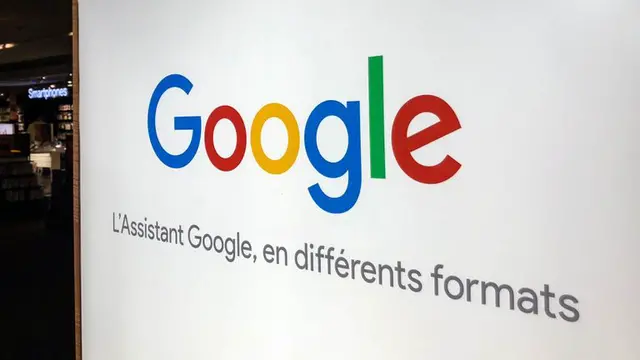Google has agreed to pay nearly €1bn in fines and taxes to France as settlement in a fraud inquiry that began four years ago.
The tech giant said it will pay a €500m (£446.6m) fine, plus €465m (£415m) in taxes, in a deal that may set a legal precedent for other global technology companies operating within the country.
French investigators had been seeking to establish whether the tech giant failed to pay tax due to the state by not declaring parts of its business activities within the country.
Google's European headquarters are based in Dublin.
Google, part of Alphabet Inc, pays little tax in most European countries because the company reports almost all of its sales in Ireland.
This has been enabled via a loophole in international tax law but works by Dublin being responsible for concluding all European sales contracts.
As such, European countries have struggled to tax the profits of multinational tech companies derived in their jurisdictions.
Antonin Levy, one of Google's lawyers, at a hearing in the Paris court on Thursday said: "The agreement allows to settle once and for all these past disputes."
Google said in a statement: "We remain convinced that a coordinated reform of the international tax system is the best way to provide a clear framework for companies operating worldwide."
France has pushed hard for an EU-wide digital tax in the past, but encountered resistance from Ireland, Denmark, Sweden and Finland.
Google's fine and tax settlement comes two months after the French government passed its own bill to tax global technology companies operating within the country.
The 3% tax on revenues, rather than profits generated in France, targets companies with at least €750m (£675m) in annual revenues and applies to revenue from digital business, such as online advertising.
The digital tax will most likely affect companies including Google, Apple, Amazon and Facebook, and could yield the French government up to €500m (£450m) a year.
The US reacted strongly to France's plan, leading to President Donald Trump calling for an investigation, with a view to imposing retaliatory tariffs.
Image:Google called for a 'coordinated reform of the international tax system'
France has other ongoing legal conflicts with the dominant - US-based - tech companies.
Almost exactly a year ago France's data regulator went to the European Court of Justice to establish whether it could force companies like Google to de-list search results globally under the "right to be forgotten" (RTBF) law - across all Google domains - and not just within France.
The Commission Nationale de l'Informatique et des Libertes (CNIL) has since been advised by one of the EU's most senior legal advisers, advocate general Maciej Szpunar, that the law will be apply to France only, but a ruling has yet to be made.
(SKY NEWS)
 简体中文
简体中文





